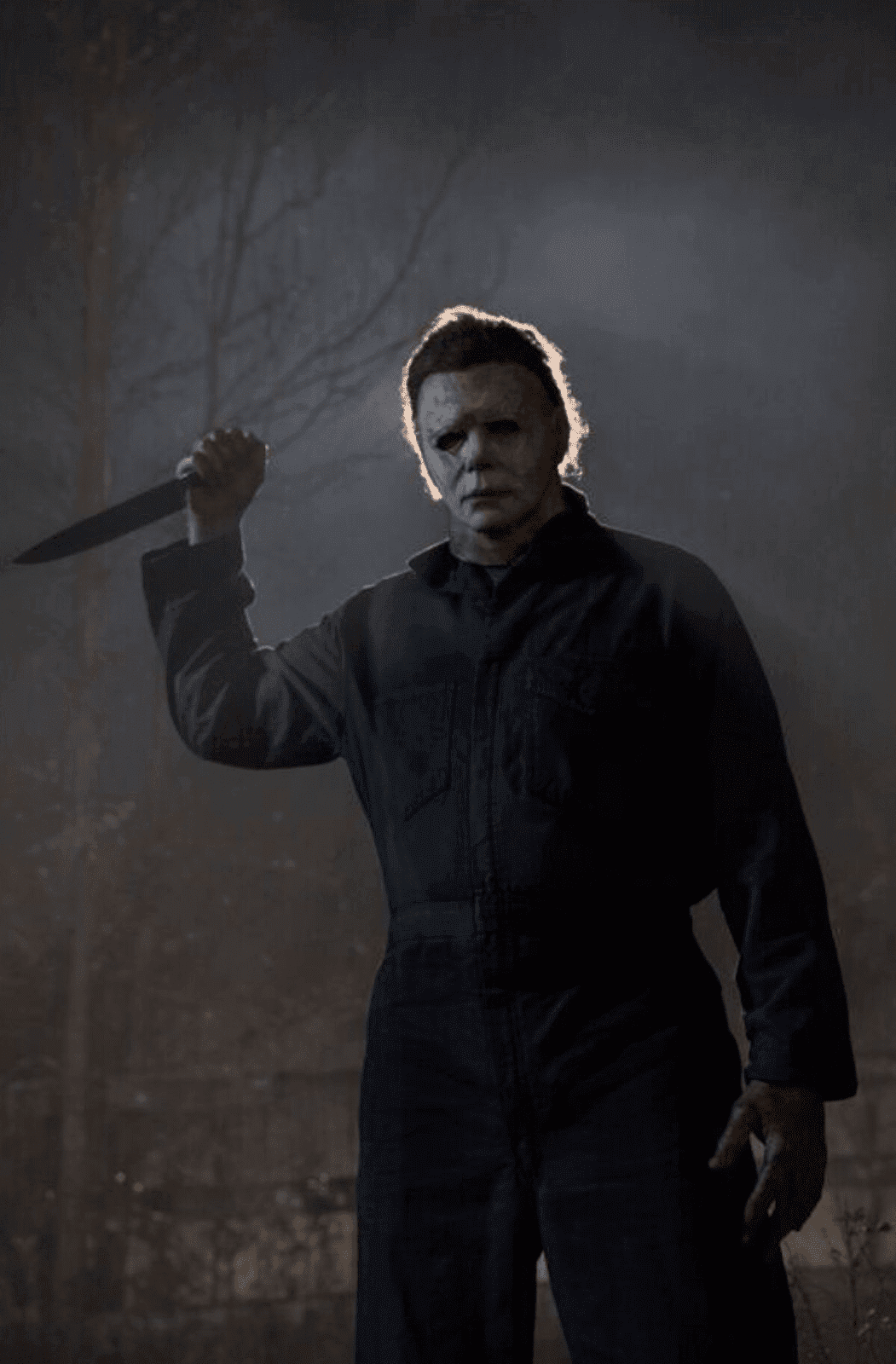Michael Myers is one of the most recognizable figures in horror film history, captivating audiences since his debut in 1978. Created by John Carpenter, this fictional character has become synonymous with the slasher genre, representing pure evil and relentless terror. The franchise has evolved over the decades, but the chilling presence of Michael Myers remains a cornerstone of horror cinema.
In this article, we will delve deep into the character of Michael Myers, exploring his background, the films he's featured in, and the impact he's had on pop culture. Whether you're a long-time fan or new to the franchise, you'll find valuable insights and information about this iconic character.
From his origins in Haddonfield to his portrayal by various actors, Michael Myers has left an indelible mark on the horror genre. Join us as we uncover the layers of this enigmatic figure, dissecting what makes him such a compelling antagonist and a lasting symbol of fear.
Table of Contents
- 1. Biography of Michael Myers
- 2. Characteristics of Michael Myers
- 3. Filmography
- 4. Cultural Impact
- 5. The Psychology of Michael Myers
- 6. Comparisons with Other Horror Icons
- 7. Fan Theories and Speculations
- 8. Conclusion
1. Biography of Michael Myers
Michael Myers is depicted as a psychotic murderer who, as a child, was institutionalized after killing his sister. After years in a mental institution, he escapes and returns to his hometown of Haddonfield, Illinois, to continue his killing spree. The character's backstory is explored throughout the franchise, shedding light on his motivations and origins.
| Detail | Description |
|---|---|
| Name | Michael Myers |
| First Appearance | Halloween (1978) |
| Creator | John Carpenter |
| Occupation | Serial Killer |
| Notable Traits | Emotionless, Masked, Relentless |
2. Characteristics of Michael Myers
Michael Myers is characterized by several distinct traits that contribute to his status as a horror icon:
- Emotionless: Michael rarely shows any emotion, which adds to his chilling presence.
- Masked Appearance: His iconic white mask, originally a William Shatner mask, has become a symbol of horror.
- Relentless Nature: Michael is known for his ability to withstand injury and continue pursuing his victims.
3. Filmography
Michael Myers has appeared in numerous films since his debut. The franchise includes various sequels, reboots, and spin-offs:
- Halloween (1978) - The original film that introduced Michael Myers.
- Halloween II (1981) - A direct continuation of the first film.
- Halloween (2018) - A direct sequel to the original, ignoring previous sequels.
- Halloween Kills (2021) - The continuation of the 2018 film.
- Halloween Ends (2022) - The conclusion of the current trilogy.
4. Cultural Impact
Michael Myers has had a profound impact on pop culture, influencing countless films, television shows, and media. His character has become a symbol of the slasher genre, inspiring other filmmakers to create similar horror icons.
- The Halloween franchise has spawned numerous merchandise including toys, clothing, and collectibles.
- Michael Myers has appeared in various forms of media, including video games and comic books.
- The character has been referenced in various TV shows and films, solidifying his place in pop culture history.
5. The Psychology of Michael Myers
The character's psychological profile adds depth to his persona. Michael Myers is often viewed as the embodiment of evil, with little to no motivation other than the need to kill.
- Nature vs. Nurture: The debate on whether his actions are rooted in his upbringing or inherent nature.
- Psychopathy: Michael is often analyzed through the lens of psychopathy, displaying traits such as lack of empathy and remorse.
- Symbol of Fear: He represents the primal fear of the unknown and the seemingly unstoppable force of evil.
6. Comparisons with Other Horror Icons
Michael Myers is often compared to other horror icons, each with their unique attributes:
- Freddy Krueger: Unlike Michael, Freddy attacks his victims in their dreams, making him more supernatural.
- Jason Voorhees: Another masked killer, Jason shares similarities with Michael but is often portrayed with a more tragic backstory.
- Leatherface: Unlike Michael's emotionless demeanor, Leatherface is often characterized by his erratic behavior.
7. Fan Theories and Speculations
The lore surrounding Michael Myers has led to numerous fan theories, some of which deepen the mystery of his character:
- Supernatural Elements: Some fans speculate that Michael possesses supernatural abilities, allowing him to survive extreme injuries.
- Family Ties: The complex relationship with his family, particularly Laurie Strode, has led to various interpretations.
- Symbolism: Many theorists argue that Michael serves as a metaphor for societal issues, such as trauma and fear.
8. Conclusion
Michael Myers remains an enduring figure in horror history, with a legacy that spans over four decades. His unique characteristics and the psychological depth of his character continue to fascinate audiences worldwide. As we explore the intricacies of Michael Myers, we invite you to share your thoughts and theories in the comments below. Don't forget to check out our other articles for more insights into the world of horror cinema.
Thank you for reading! We hope you found this article informative and engaging. We look forward to seeing you again soon!
You Might Also Like
Tia & Tamera's Parents: The Influential Figures Behind The Twin StarsDiscovering Leilani Malia Mendoza: The Rising Star Of Social Media
Taylor Swift On Cats: A Deep Dive Into Her Feline Fascination
Taylor Swift And Her Iconic Red Lips: A Symbol Of Empowerment And Style
Jason Priestley: A Deep Dive Into The Life And Career Of A 90s Television Icon
Article Recommendations
- Rainbow Eucalyptus Tree
- Kaitlyn Krems Onlyfans Leaked
- Aliyah Marie Nude Leaks
- White Dove Symbolizes
- Britneybabe11 Xxx
- Is Mitch From Lenox Hill Still Alive 2024
- Marlon Jackson
- Xpxx
- Matthew Broderick Car Accident
- Melissa Sue Anderson


